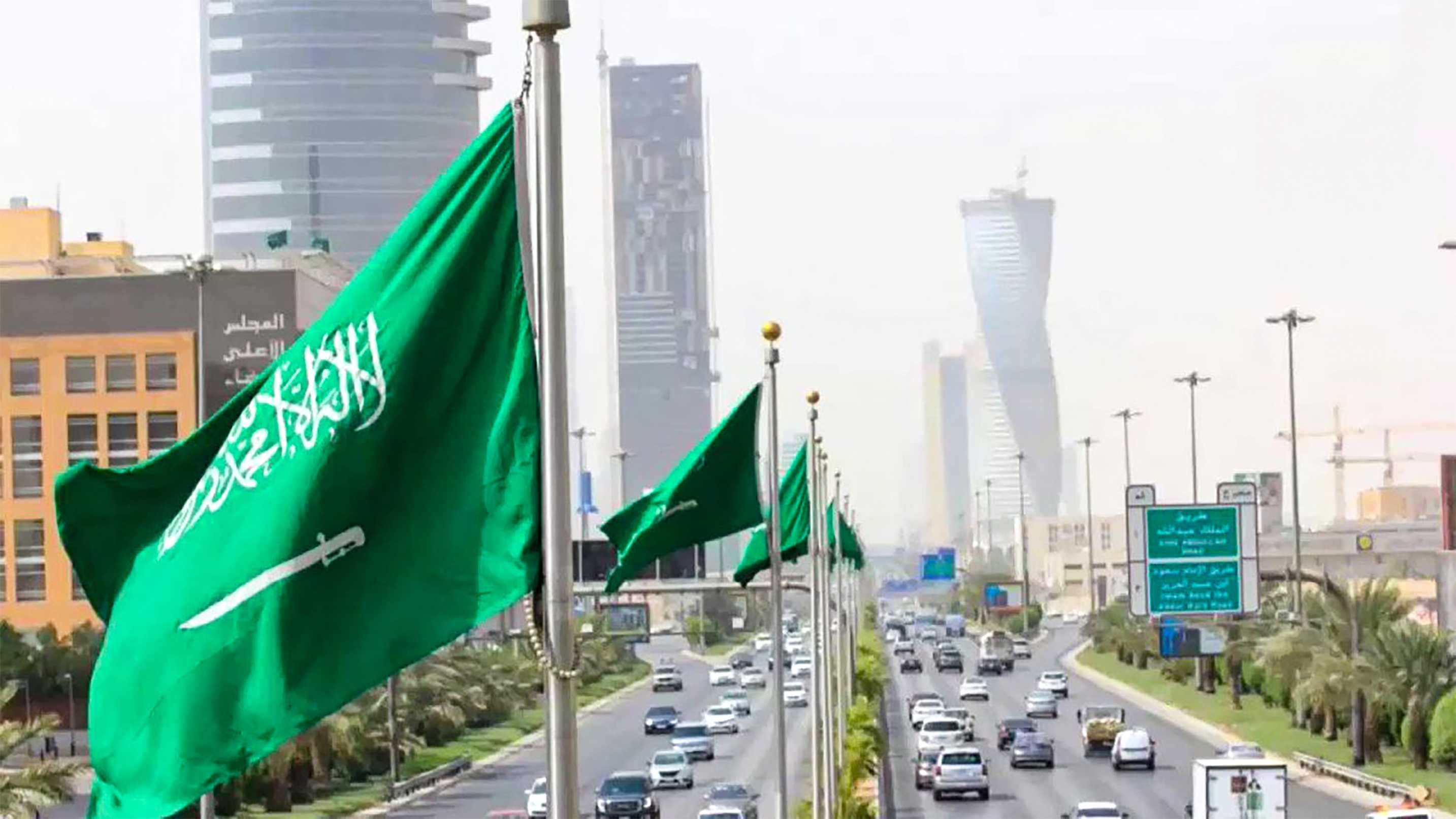Riyadh, Saudi Arabia — Saudi Arabia’s inflation declined to 1.5 percent in December 2023, compared with 1.7 percent in November, according to recent data by the General Authority for Statistics (GASTAT).
The cost-of-living index for December rose to 110.15 points, according to the base year 2018, from 108.53 points in the same month a year earlier.
This reflects the strength of the Saudi economy and the effectiveness of the economic measures the Kingdom has adopted to deal with the global rise in inflation rates, SPA reported.
Inflation is measured by the percentage change in the cost of living between the current period and the corresponding period of the previous year. The increase or decline in inflation is measured compared to the previous month.
Saudi Arabia’s economy is in a state of prosperity and growth, and that the kingdom’s fiscal position is strong, primarily driven by Vision 2030 which has been steadily diversifying the economy since its launch in 2016, the International Monetary Fund said in October.
The IMF said in a statement that Saudi Arabia was the fastest-growing economy among G20 countries, achieving an overall growth rate of 8.7 percent. The kingdom has sufficient precautionary reserves and the peg of the exchange rate to the US dollar is serving the Saudi economy well.
“Despite an uptick in early 2023 to 3.4 percent year on year, headline inflation is back at 2.8 percent year on year in May 2023, as declining contributions from transport and food prices offset the substantial increase in rent,” said the IMF.
“While much of the world has suffered from inflationary pressures, Saudi Arabia succeeded in maintaining its average consumer price index,” the IMF said.
In line with its economic diversification goals, the kingdom is spearheading the energy transition journey in the region through various initiatives such as the Saudi Green Initiative, and the wider Middle East Green Initiative.
The IMF applauded Saudi Arabia’s efforts to reduce carbon emissions, in line with its target to achieve net zero by 2060. The executive board of the IMF also welcomed the non-oil revenue mobilization efforts undertaken by the Saudi government as a part of the Kingdom’s Vision 2030.
Saudi Arabia’s non-oil gross domestic product witnessed a growth of 4.8 percent in 2022 driven by robust private consumption and investments in various sectors like wholesale, retail trade, constriction and transport, the IMF added.

